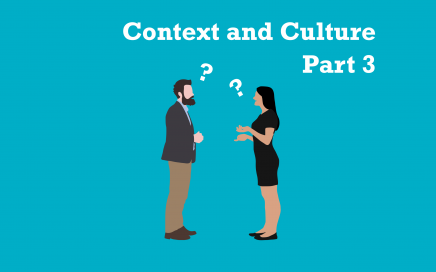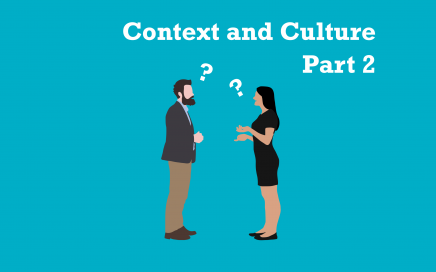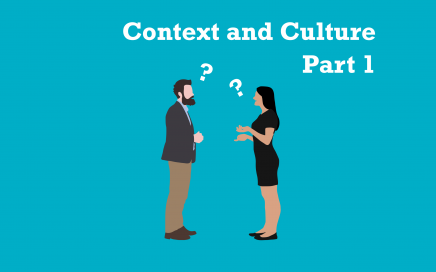
‘Being yourself’ and workplace relations
Employees are increasingly encouraged to be themselves at work; i.e. to be authentic. Yet recent organisational psychology research, which examined the impact of being yourself on workplace relations and task performance, has sounded a note of caution, questioning whether it is wise in all contexts.





